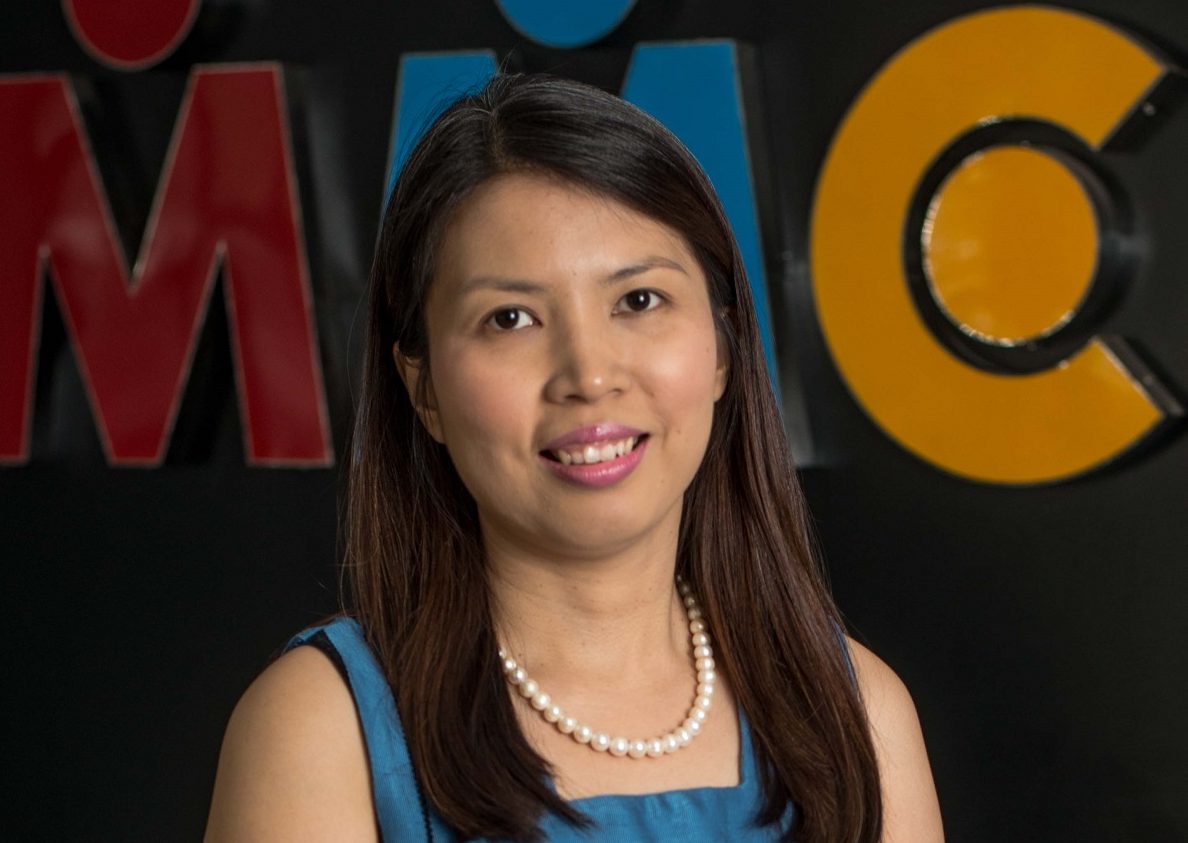Khin Hnin Soe, College Director – Myanmar Metropolitan College
As the co-founder of Myanmar Metropolitan College (MMC) and in her current capacity as the principal/ college director role, Khin Hnin Soe leads an international academic faculty and college operation team. She is committed to turn MMC into a university that inspires and develops change agents for Myanmar.
Two interests that have remained with her throughout her life are reading and sports activities in nature such as trekking, jogging. She found her lifelong passion in education since the time she joined Republic Polytechnic in 2005.
Believer of of strong ethics, compassion, humility and resilience, she is inspired by many who have demonstrated these traits. Here are some more insights from her journey, as shared with Team ABT.
What led you to choose Education Management as a profession.
My mission in life is to be as useful as possible for the society. I started out as an engineer, became a lecturer and then, now, in education management. The change at each stage occurred simply because I discovered that I could be more useful for the society in the new position. For example, when I came back to Myanmar in 2013 after being away from the country for over 20 years, I found that there is a lot of opportunities for me to create something for Myanmar society in private education sector — especially in the role of education management, rather than just being a lecturer. That’s why I joined with other like-minded individuals to set up the Myanmar Metropolitan College.
Also, I am someone who likes to set up things and enjoys working with things that are more general and high level such as policy making. Being in an educational management gives me the opportunity to be able to set up many more things than in my previous capacity as a lecturer.
Tell as all about ” Myanmar Metropolitan College” and how it is unique?
Myanmar Metropolitan College was set up with a vision to nurture individuals who can help in the development of Myanmar and be change agents in bringing about change in Myanmar. We put strong emphasis on social impact.
For example, in Myanmar, the approach to education is more of rote learning, one-way nature and the hierarchy between students and teachers in a classroom is very stiff. For many of them, education seems to equate to what they receive in classrooms. We are trying to let the people know that there is a different aspect or approach to education and learning — through our problem-based, project-based and game-based learning approaches.
Also, our motto is “where learning comes alive”. So, we ensure our students experience very active learning experience at MMC — be it in the classroom or outside of the classroom. We hope to develop them to become lifelong learners who possess the ability to do self-directed learning.
What is your outlook on the future of Education in Myanmar?
Now, there are a number of international schools/ institutes/ universities coming into Myanmar to set up international programs in the private education sector. Also, the government is working with various international organizations to revamp the public education system, including the curriculum, teaching methods, assessment, etc. I see a lot of hope for the education sector in Myanmar.
But with every reform, I think it will take time. For both private and public education sector, it will very much depend on the government on how fast they can set up the suitable system and get the right people to manage it.
Could you recall any one proud moment/milestone?
My proud moments are to do with my students and there are quite a number of them. In general, how they perform in ASEAN level competition with other students from other universities/ polytechnics/ colleges; how they fare in their career, in the industry; how they have developed themselves from the starting point of their entry into MMC and their exit point from MMC.
I am especially touched, when I see that students from a low income families, get a chance to international education at MMC with our scholarship program and proceed to secure a career for themselves. It gives me immense satisfaction that we have managed to help them through their hardships for a promising future.
Please share view ” Inputs of social media in education and the students ”
In Myanmar, facebook is one social media tool that almost everyone uses. We use it a lot with students too because they are always on FB platform and it is easier for us to engage them, to keep relationship with them via a platform that they are familiar with; that they tend to use on a regular basic.
Some educators may argue that social media is an informal platform and may not agree with its use. For me, I think, every platform, every online tool has its strengths and weaknesses. One thing we can’t deny is that our students in 21st century are all constantly on social media platforms. If we want to engage them, we have to go to the platform they are at. Once we engage them at those platforms, we can also use that opportunity to advise and mentor them about digital literacy.
What would your like to achieve in coming years
For MMC to make bigger social impact in Myanmar and for me to become a more useful individual for the society.


